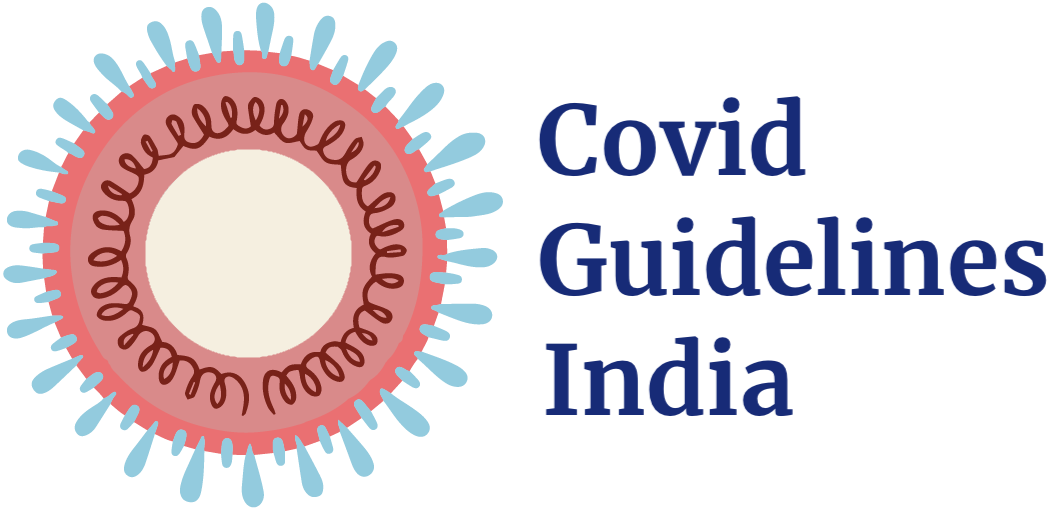Priority questions
A list of key questions concerning management of patients with COVID-19 in Indian secondary and tertiary care settings was made by the Core Committee, and added to and refined by the Steering Committee. These were prioritised by each Expert Working Group, and then the whole list was ordered according to overall priority by the Steering Committee, with input from the External Advisory Panel. The ‘top 20’ priority list is being reviewed frequently, as updated evidence is published and other needs are identified nationally. Some questions will be in a ‘PICO’ format, the target for which would be to make a specific recommendation. Others will not be amenable to this approach, and would result in a Good Practice Statement.
Evidence reviews
The approach to review of the evidence for each intervention is decided upon by the Methodology Committee, after a scoping review of the literature, including existing guidelines, systematic reviews and primary studies. The approach chosen could vary from use of a recent high quality systematic review and meta-analysis with addition of trials published after its latest search, to a rapid review using Cochrane methodology, or even a full new systematic review using methods as outlined in the Cochrane Handbook for Systematic Review of Interventions.
A protocol is written and the review is conducted by our Evidence Synthesis Team, clinicians trained in systematic review methods, and overseen by the Methodology Committee. For all questions in the ‘PICO’ format with results available from randomised controlled trials for outcomes pre-defined in the PICO, GRADE methodology is applied to assess the certainty in the evidence, which is presented in a Summary of Findings table.
For questions planned to be addressed with a Good Practice Statement, the evidence review is conducted by delegated members of the Expert Working Group, with input from the Evidence Synthesis team and a methodologist.
Making recommendations
Once an evidence review is ready for an intervention that has been earmarked for a recommendation, this is presented by the Evidence Synthesis team and a member of the Methodology Committee to the relevant Expert Working Group. The experts consider the evidence as presented, and other contextual factors, to work through an Evidence to Decision framework to reach consensus regarding a recommendation. This could be for or against, and could be strong or conditional. The experts are trained in use of the GRADE approach for both systematic review and guidelines. Their conflict of interest declarations are scrutinised by the Steering Committee prior to each recommendation; if a Group member has not returned their conflict of interest form then they cannot attend meetings nor participate in the recommendation process.
In some cases, the experts may decide not to make a recommendation based on insufficient evidence. In this case, the evidence may be reviewed again at a later date, or a Good Practice Statement might be written. For questions not amenable to a specific recommendation, the Good Practice Statement will be drafted by delegated experts.
Each recommendation is drafted by the Expert Working Group, and reviewed by the Steering Committee and External Advisory Panel.
Dissemination
As each recommendation or good practice statement is available, the wording and formatting are finalised by the Writing Committee. Upon approval by Chairs of the Guidelines Group and Expert Working Group, it is published on the ICG website.
Oversight
As described above, there are multiple points at which the evidence and draft recommendations are reviewed within the Guidelines Group itself. Additionally, the independent External Advisory Panel is a group of experts based in several countries who are familiar with COVID-19 and making evidence-based guidelines. A member of the External Advisory Panel sits in the Expert Working Group meetings and reviews draft recommendations prior to finalisation, to provide scrutiny and advice to the Group.
